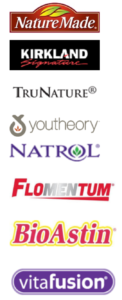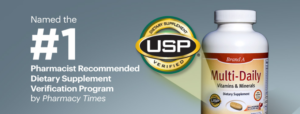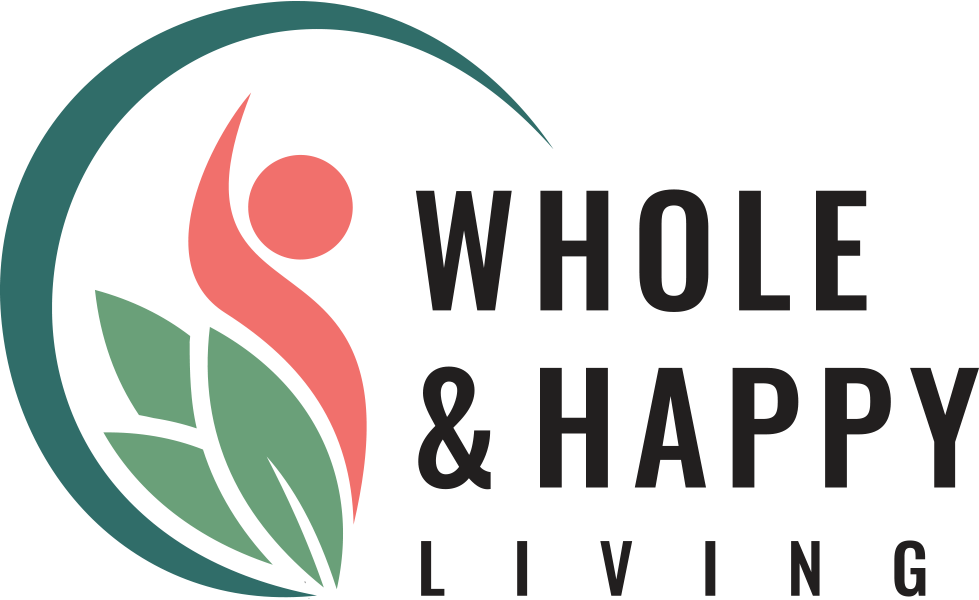There’s a lot of talk these days about dietary supplements. Some people swear by them and take several of them while others are very hesitant to use them at all. Through all the information out there about dietary  supplements it’s hard to know what the right thing to do is. Do you take them? Could they really make an impact on your health? Are they actually safe or are there things to be cautious about?
supplements it’s hard to know what the right thing to do is. Do you take them? Could they really make an impact on your health? Are they actually safe or are there things to be cautious about?
Being trained as a pharmacist, I take the stance of most pharmacists, which is typically to shy away from dietary supplements unless medically necessary. But why is that a typical pharmacist response? Pharmacists are trained to rely heavily on research data when it comes to substances we put into our bodies. As a hospital clinical pharmacist, it is my responsibility to review each medication that is ordered by a physician and make sure that what the patient is receiving is going to be safe and effective. Throughout my work day when I make difficult medication decisions I have to ask myself, if something went wrong in this situation, do I have enough reason and data to back up my decision in a court of law? With that thought process being ingrained in the back of my mind, the topic of dietary supplements is sometimes hard to get behind.
Here’s why!
The Dietary Supplement Health and Education Act (DSHEA) of 1994 created a new regulatory framework for the safety and labeling of dietary supplements where the FDA is not authorized to review dietary supplements for safety and effectiveness before they are marketed. Once products are marketed, supplement manufacturers are required to report adverse events that are reported to them to the FDA. Only once multiple incidences and medical illnesses are reported is the FDA able to investigate. This means that harmful products have to cause harm to people taking them before they are investigated and recalled from the market.
It’s really difficult for you as the consumer to be certain what is actually put in the supplement you are taking and how effective or harmful it is. According to the FDA, these are common reasons for a dietary supplement to be recalled from the market:
- Microbiological, pesticide, and heavy metal contamination.
- Absence of a dietary ingredient claimed to be in the product.
- The presence of more or less than the amount of the dietary ingredient claimed on the label.
If you simply google dietary supplement recalls, you will find that, unfortunately, a lot of recalls do happen, so be careful when deciding which dietary supplements to take.
All that being said, dietary supplements do have their place in therapy and some do have research to support their use. The question then becomes, how do you choose a dietary supplement if you need to take one? This is the part where I do actually have some good news! I know some of you were hoping for that.
When choosing a dietary supplement you want to look for a product that has a UPS Verified stamp on the label. USP stands for the United States Pharmacopeia. It is not a government agency but it is recognized by US Law and works closely with the FDA. All medications sold in the United States must be approved by the FDA and are required to meet USP standards. When it comes to dietary supplements, USP meets with company owners and inspects their manufacturing facilities. They review

their ingredients, how their supplements are made, what methods they use to test both the ingredients and the final products, and whether those tests are appropriate for the product and capable of identifying harmful contaminants like heavy metals, pesticides, and microbes. And finally, they test the products against science-based quality standards.
When you see the USP Verified stamp on a dietary supplement label it indicates that the product:
- Contains the ingredients listed on the label, in the declared potency and amounts.
- Does not contain harmful levels of specified contaminants.
- Will break down and release into the body within a specified amount of time.
- Has been made according to FDA current Good Manufacturing Practices using sanitary and well-controlled procedures.
If you need to take a dietary supplement for a medical reason that is recommended by your doctor, make sure you look for products that have the USP Verified stamp on the label. This way you can know that what you think you are getting in your dietary supplement, you are actually getting. You can also look on the USP website to find a list of verified brands and products.
Dietary supplements are often involved in health fraud and it is very easy to fall victim to these scams. Subscribe to my newsletter below to receive a free guide to detecting health fraud and learning to evaluate the validity of health research claims.
“Subscribe to my newsletter below to receive a free guide to detecting health fraud and learning to evaluate the validity of health research claims.”
